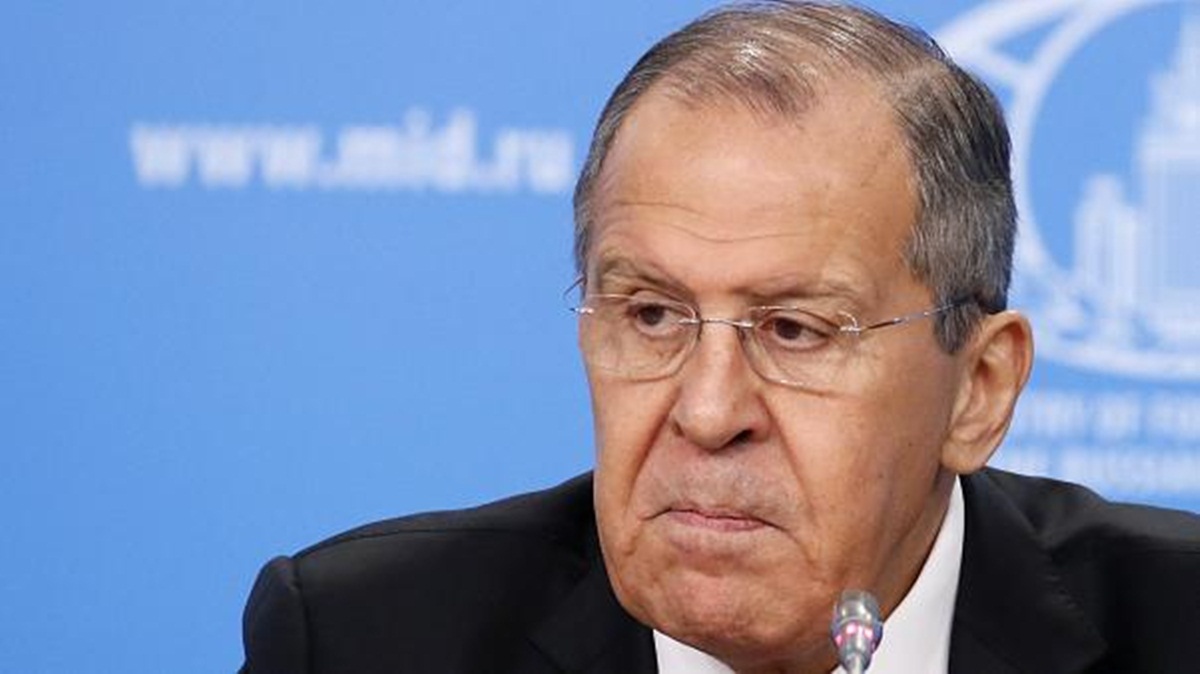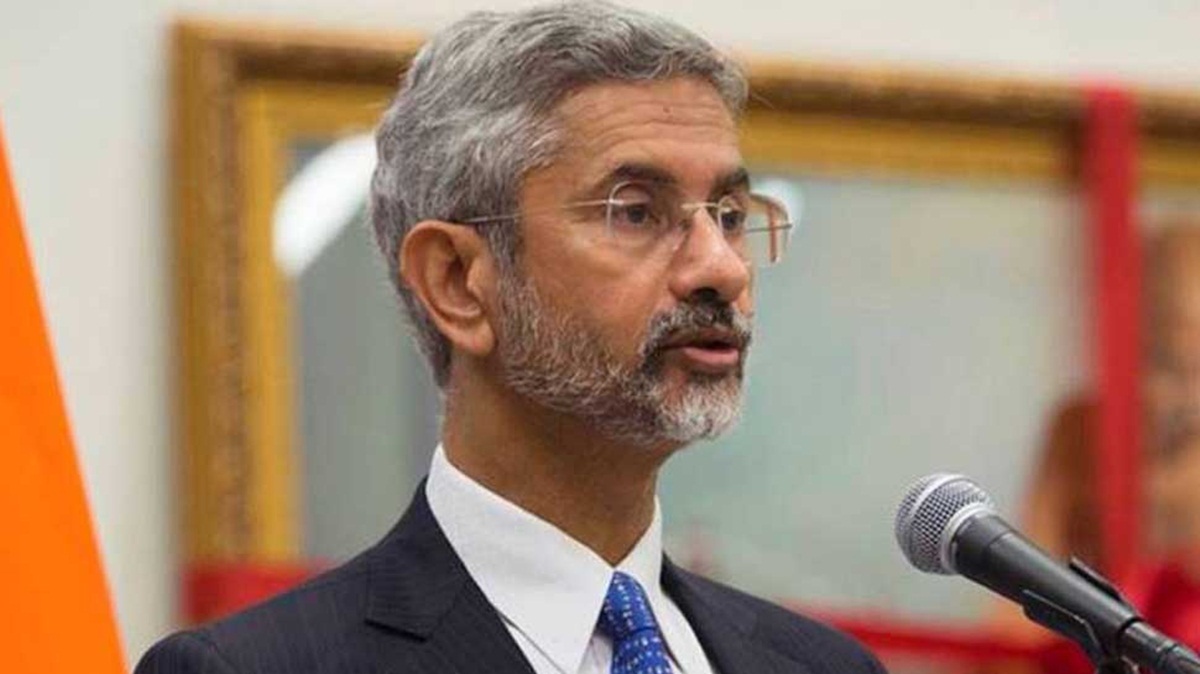X: @the_news_21
The political landscape in Pakistan is witnessing significant shifts as the Pakistan Muslim League-Nawaz (PML-N) initiates talks with the Pakistan Peoples Party (PPP) and the Muttahida Quami Movement-Pakistan (MQM-P) to strategize the formation of a government. According to reports by The Express Tribune, discussions are underway to finalize the terms of an alliance, with the PML-N eyeing the prime ministerial post while reserving the positions of president and National Assembly speaker for its prospective partners.
This development comes in the wake of the recent general elections, which saw independent candidates supported by the Pakistan Tehreek-e-Insaf (PTI) emerge victorious in a significant number of constituencies. Despite this, analysts speculate that the military establishment favors three-time former Prime Minister Nawaz Sharif over PTI chief Imran Khan to assume power. However, the unexpected success of Khan loyalists in securing seats has injected a new dynamic into the political landscape.
Here are the key updates from the Pakistan elections:
- The final official results indicate that independent candidates backed by PTI clinched victory in 97 seats, while the PML-N secured 76 constituencies. The PPP secured 54 seats, and the MQM-P garnered 17 seats.
- PTI has alleged electoral irregularities, claiming that the results of at least 18 National Assembly seats were “incorrectly altered” by election officers.
- In a bid to prevent political instability, PPP chairman Bilawal Bhutto-Zardari and PPP president Asif Ali Zardari held talks with PML-N president Shehbaz Sharif.
- The PML-N bolstered its parliamentary influence by gaining the support of an initial independent candidate previously backed by PTI.
- PTI supporters in the UK and the US have been urged to protest against alleged electoral irregularities.
- Incidents of clashes were reported as police deployed tear gas to disperse supporters of imprisoned former Prime Minister Imran Khan following his party’s call for demonstrations.
- The Election Commission of Pakistan made decisions impacting election outcomes in crucial constituencies, including suspending result consolidation and announcing recounts.
- Analysis reveals that rejected ballots in several constituencies exceeded the margin of victory, prompting legal challenges from losing candidates.
- PTI has called for the resignation of Chief Election Commissioner Sikandar Sultan Raja and other ECP members, alleging constitutional violations.
- The political maneuvering and legal challenges following the elections underscore the complexity and significance of the ongoing developments in Pakistan’s political landscape. As negotiations for government formation continue, the country braces for further political intrigue and potential shifts in power dynamics.






